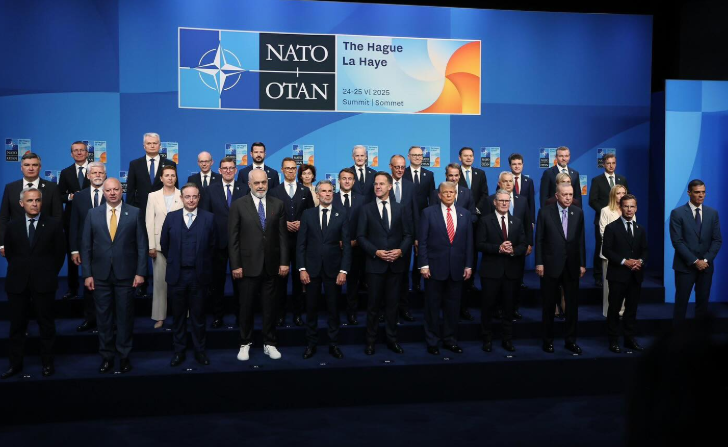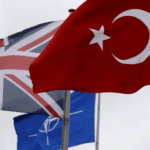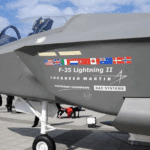Turkey has thrown its support behind NATO’s landmark decision to raise its defense spending target to 5 percent of gross domestic product (GDP) by 2035, and says it already exceeds the previous 2 percent benchmark, according to a senior Turkish Defense Ministry official.
Speaking to Reuters on condition of anonymity, the official said Ankara remains one of the top five contributors to NATO operations and is committed to strengthening its national defense capabilities, with a focus on building a layered air and missile defense system dubbed the “Steel Dome.”
NATO allies agreed on Wednesday to more than double their collective spending goal over the next decade, citing the long-term threat posed by Russia and the urgent need to reinforce both military capabilities and civil resilience.
“Turkey is already above the 2 percent criterion under the Defense Spending Pledge,” the Turkish official said, highlighting the country’s position as home to NATO’s second-largest military. “We have fulfilled all NATO capability targets and continue to invest heavily in our defense industry.”
The official added that priority would be given to developing Turkey’s national air defense architecture, including integrated radar, electronic warfare, and missile systems.
“We are investing in hypersonic, ballistic, and cruise missile capabilities, as well as unmanned platforms across land, sea, and air,” the official said. “Additionally, we are advancing next-generation aircraft carriers, frigates, and tanks.”
President Recep Tayyip Erdoğan, speaking to reporters on his return from the NATO summit in The Hague, underscored the need for a “system of systems” to provide multi-layered missile defense.
“It is very important for us to have missiles at various altitudes and for them to function in harmony, like the organs of a body,” Erdoğan said in remarks released Thursday by his office.
He also acknowledged that the Russian-made S-400 missile defense systems Turkey acquired in 2019 — which led to U.S. sanctions — were not enough on their own to protect national airspace.
“We have brought our country to a certain point, but we are not stopping here. We must increase our missile capabilities,” Erdoğan said.
The U.S. imposed sanctions under the Countering America’s Adversaries Through Sanctions Act (CAATSA) after Ankara proceeded with the S-400 deal. Turkey has repeatedly condemned the move and continues to urge Washington to lift the restrictions.
Despite sanctions, Ankara has accelerated efforts to develop an indigenous missile shield. While Turkish officials say the Steel Dome remains years from completion, it is seen as a strategic priority amid regional instability and evolving aerial threats.
The updated NATO spending goal calls for at least 3.5 percent of GDP to be allocated to core defense expenditures, with the remaining 1.5 percent directed toward infrastructure, civil preparedness, and resilience against hybrid threats.



